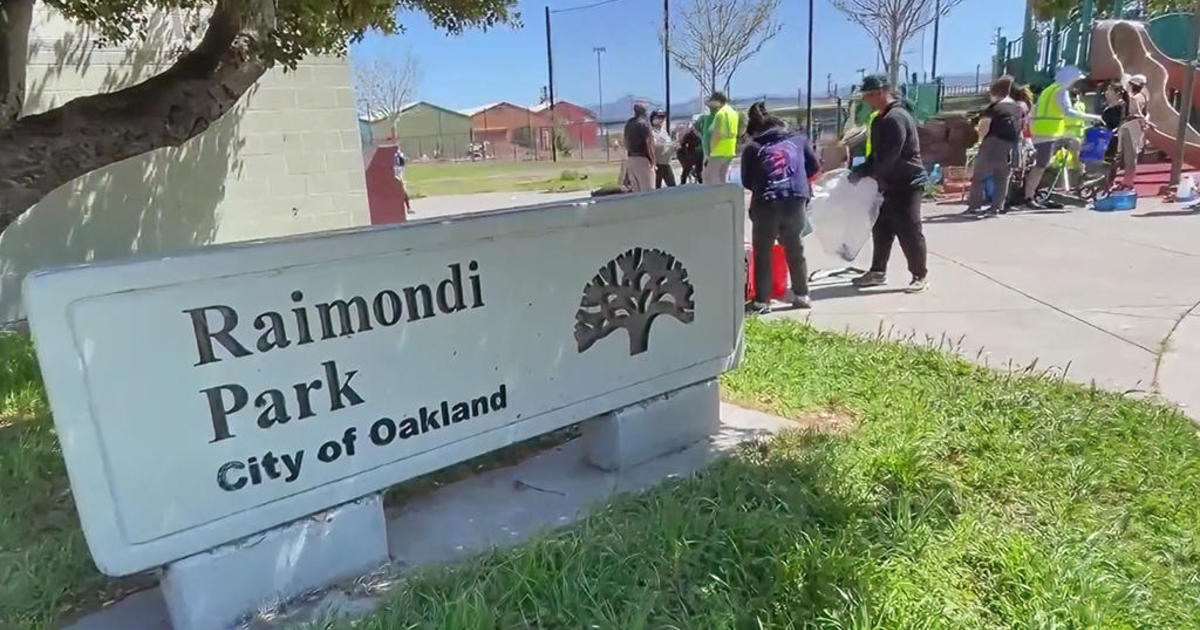Bay Area Lawsuit Against Monsanto Over Cleanup Costs Dismissed
SAN JOSE (CBS SF) -- A federal judge has dismissed a lawsuit filed by the cities of Berkeley, Oakland and San Jose which attempted to hold Monsanto Co. accountable for the cost of reducing PCB contamination in the San Francisco Bay.
The suit against Monsanto, an agricultural biotech company based in St. Louis, sought to recover the cost of cleaning up PCBs, synthetic organic chemicals whose full name is polychlorinated biphenyl. It sought compensatory and punitive damages for the continuing presence of PCBs in Oakland runoff.
The chemicals were used in power transformers, electrical equipment, paints, caulks and other building materials, but the U.S. Environmental Protection Agency has found that they're likely a carcinogen to humans.
They were outlawed by the U.S. government in 1979 and have been linked to cancer, immune system difficulties and other health problems.
The three Bay Area cities claimed that Monsanto's PCBs polluted stormwater flowing into the San Francisco Bay, forcing them to spend money to lower the discharge and comply with environmental laws.
They also said the PCBs generated by Monsanto constitute a public nuisance.
But U.S. District Court Judge Edward Davila, whose courtroom is in San Jose, said in a ruling he issued late Monday that the cities couldn't prove their property was affected because in this case the property, which is the contaminated stormwater, actually belongs to the state.
Davila wrote, "The cities do not take ownership of stormwater merely because it flows through municipal pipes on its way to the Bay."
He said, "Therefore, they cannot pursue nuisance claims for damages."
However, Davila said the cities could amend and re-file their lawsuit by Sept. 13 if they want to pursue their claim on other legal grounds.
City of San Jose spokesman David Vossbrink said San Jose plans to do just that and he thinks the other two cities might also re-file their suits because all three cities are represented by the same lawyer.
Monsanto officials couldn't be reached for comment today. On its website, Monsanto said PCBs were used in hundreds of industrial and commercial applications from the 1930s to 1970s.
It said because they were non-flammable and provided electrical insulating properties, they were intended to increase the safety of products such as electrical equipment, motor oil, fluorescent light ballasts, cable insulation, caulk and thermal insulation.
Monsanto said many electrical and building codes and insurance companies required PCBs for use in electrical equipment in buildings where the possibility of fire presented a risk to human life.
Monsanto said that after studies determined that PCBs do not readily break down and can remain in the environment, its predecessor company decided to stop manufacturing them.
© Copyright 2016 by CBS San Francisco and Bay City News Service. All rights reserved. This material may not be published, broadcast, rewritten or redistributed.



